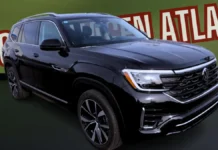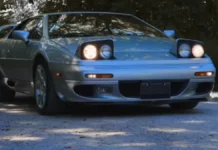Classic cars are more than just vehicles; they are a testament to innovation, artistry, and the spirit of a bygone era. Whether you refer to them as vintage automobiles, antique vehicles, or retro cars, these timeless machines have captivated enthusiasts worldwide. From the powerful roars of muscle cars to the sleek sophistication of collector cars, the world of classic cars offers something for everyone. In this comprehensive guide, we’ll explore the allure of classic cars, delving into their auto history, iconic brands, restoration tips, collector trends, and more.
What Defines a Classic Car?
Classic cars typically refer to vehicles that are at least 20 years old and preserved in their original condition or restored to reflect their original specifications. These cars, often produced between the 1920s and 1970s, are celebrated for their unique designs, historical significance, and engineering innovations. Terms like vintage automobiles and antique vehicles are often used interchangeably, though they may differ slightly based on the car’s age and origin.
Iconic Brands That Shaped the World of Classic Cars
The classic car landscape has been shaped by legendary brands that continue to inspire modern automotive designs. Here are some of the most iconic names:
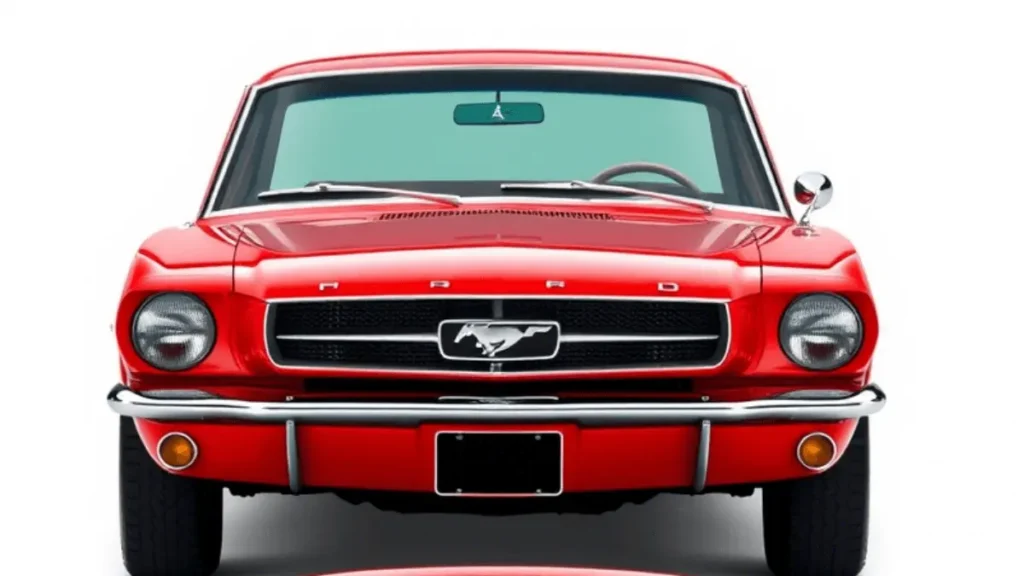
Ford Mustang: Introduced in 1964, the Mustang redefined the pony car segment with its affordable price, sporty appeal, and robust performance.
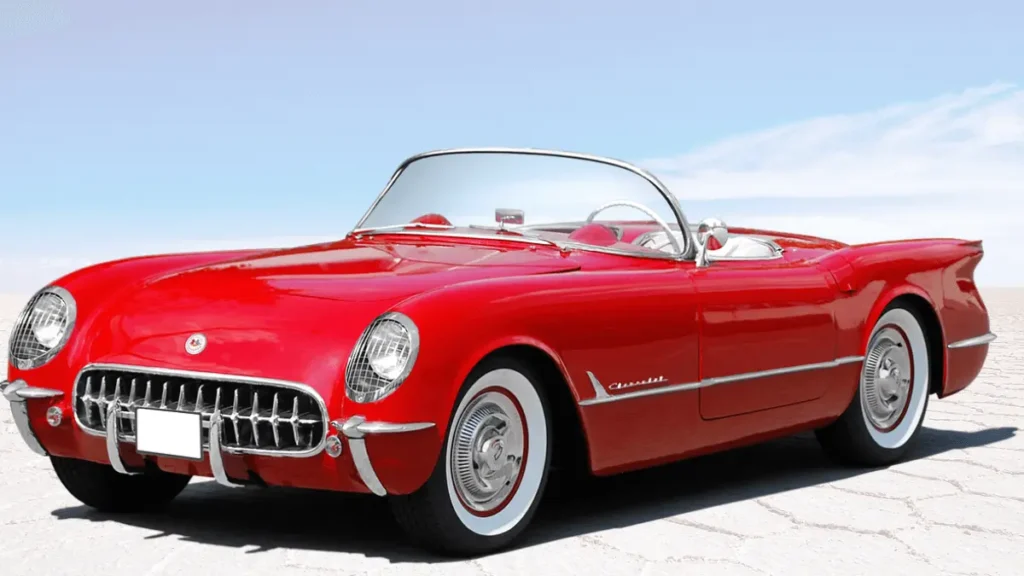
Chevrolet Corvette: Known as America’s sports car, the Corvette has been a symbol of speed and luxury since its debut in 1953.
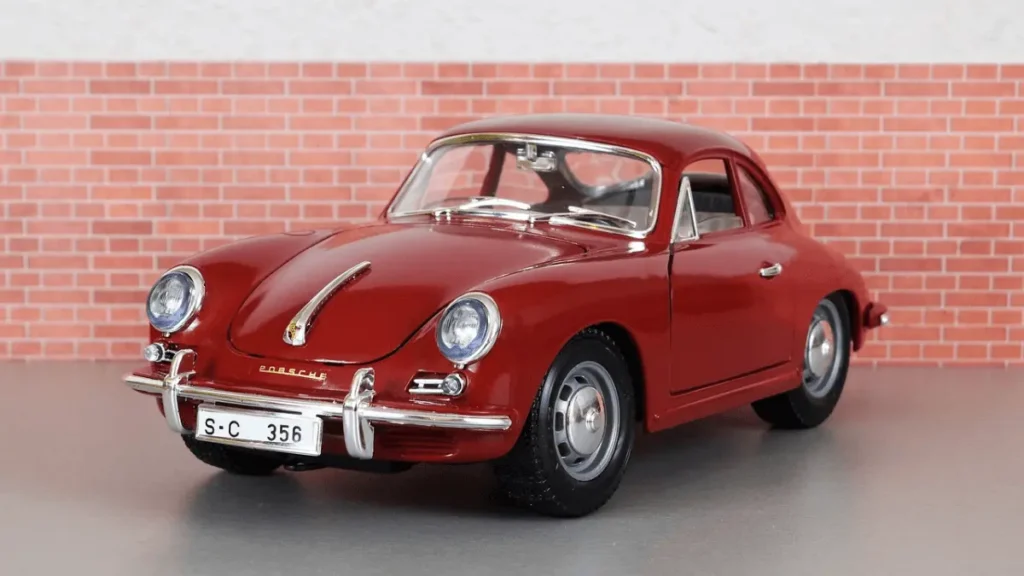
Porsche 911: A masterpiece of German engineering, the Porsche 911 combines power and elegance, making it a favorite among collectors.
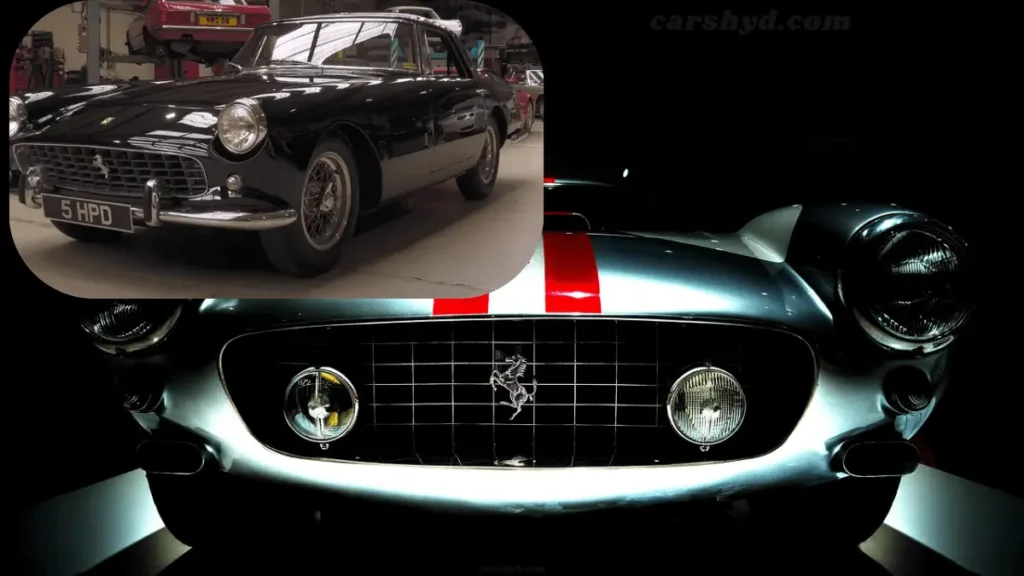
Ferrari 250 GT: Representing Italian craftsmanship, the Ferrari 250 GT is revered for its racing heritage and impeccable design.
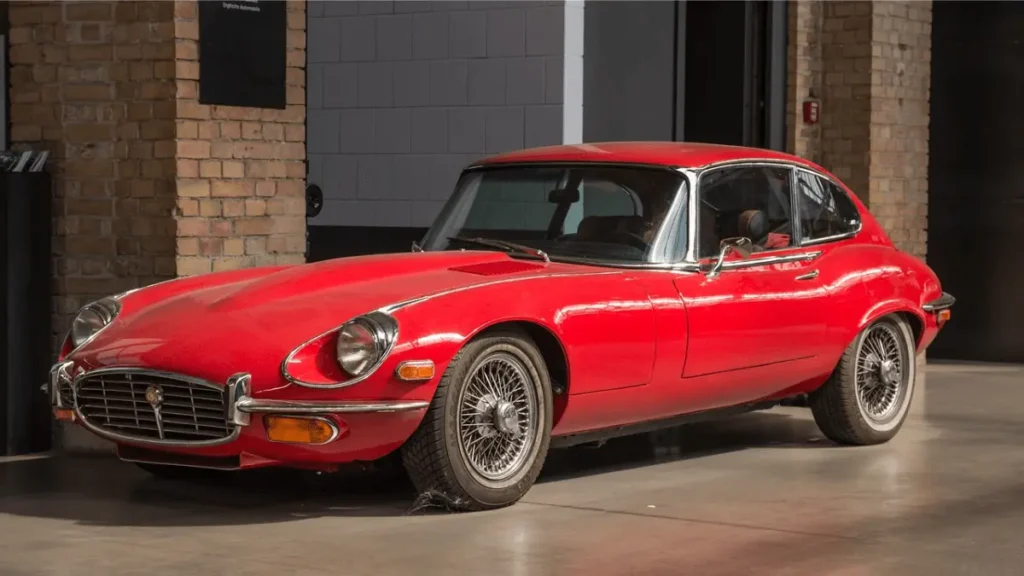
Jaguar E-Type: Hailed as one of the most beautiful cars ever made, the Jaguar E-Type’s aerodynamic lines and performance are legendary.
These brands have left an indelible mark on automotive history, becoming the centerpiece of classic car collections worldwide.
Exploring Auto History Through Classic Cars
Each classic car carries a story, often reflecting the era’s cultural, economic, and technological advancements. For instance:
- The Roaring 1920s: Known for luxury and elegance, cars like the Rolls-Royce Phantom epitomized opulence.
- The Post-War 1950s: A period of economic recovery saw the rise of iconic muscle cars like the Chevrolet Bel Air.
- The Swinging 1960s: Sleek designs and powerful engines, such as the Ford Mustang and Jaguar E-Type, captured the spirit of freedom.
- The Bold 1970s: Cars like the Pontiac Firebird and Chevrolet Camaro showcased the evolution of automotive engineering.
Classic cars serve as a window into the past, offering enthusiasts a chance to experience history firsthand.
The Rise of Classic Car Shows
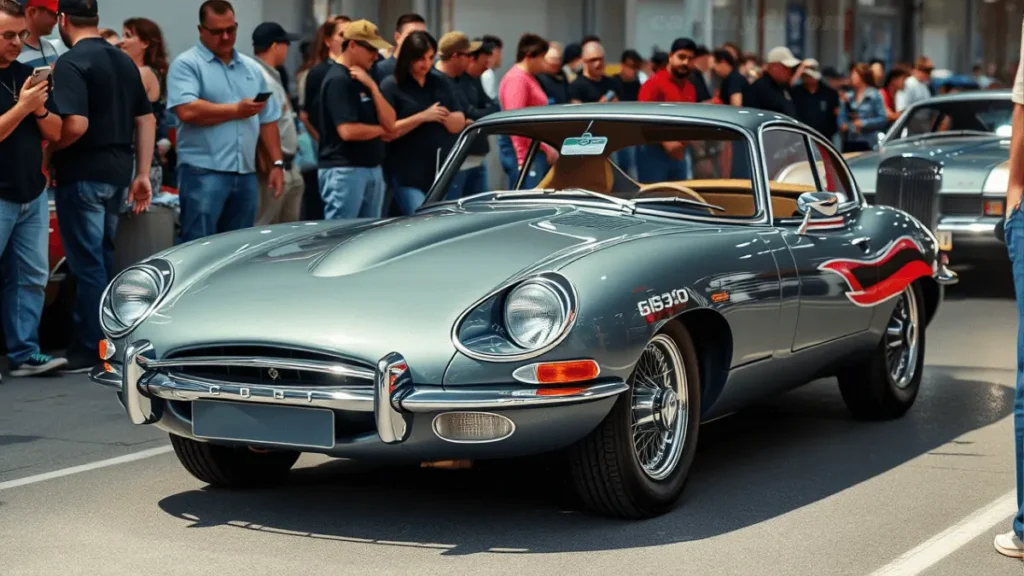
Classic car shows have become a cornerstone for enthusiasts to connect, share, and celebrate their passion. Events like the Pebble Beach Concours d’Elegance and Goodwood Festival of Speed bring together rare and restored vehicles, offering a glimpse into the world of vintage automobiles.
Why Attend Classic Car Shows?
- Discover Rare Models: Many unique cars make their debut at these events.
- Network with Fellow Enthusiasts: Build connections and exchange insights with like-minded collectors.
- Learn Restoration Techniques: Gain valuable tips and advice from industry experts.
Classic car shows are not just exhibitions; they’re a celebration of the enduring legacy of vintage vehicles.
The Art and Science of Car Restoration
Restoring a classic car is both an art form and a technical challenge. Whether you’re a DIY enthusiast or prefer hiring professionals, restoration is a labor of love that requires attention to detail and historical accuracy.
Key Steps in Car Restoration
- Engine Overhauls: Rebuilding or upgrading the engine ensures reliable performance while preserving authenticity.
- Vintage Tires: The right set of tires enhances both the aesthetics and functionality of the car.
- Chrome Bumpers: Polishing or replacing chrome bumpers adds elegance and authenticity.
- Interior Upgrades: Refurbishing the interior with period-appropriate materials maintains the car’s originality.
Finding Reliable Restoration Shops
If DIY restoration feels overwhelming, consider partnering with a reputable restoration shop. Look for professionals with experience in your car’s specific make and model. Enthusiast communities and online forums are excellent resources for recommendations.
Navigating the World of Car Collecting
Car collecting is more than a hobby; it’s an investment and a celebration of automotive history. Here’s how to navigate this exciting journey:
Tips for Successful Car Collecting
- Do Your Research: Understand the rarity and market value of the cars you’re interested in.
- Start Small: Begin with accessible models before moving on to rare or high-value vehicles.
- Join Enthusiast Clubs: These communities offer invaluable insights and exclusive opportunities.
Popular Collector Cars to Consider
- 1967 Shelby GT500: A high-performance version of the Ford Mustang.
- 1970 Chevrolet Chevelle SS: Renowned for its aggressive styling and powerful V8 engine.
- 1963 Corvette Sting Ray: A classic that combined cutting-edge design with advanced technology.
Financing and Insuring Your Classic Car
Owning a classic car comes with financial responsibilities. Specialized insurance and financing options can help protect your investment.
Classic Car Insurance Features
- Agreed Value Coverage: Ensures your car is insured for its true worth.
- Limited Use Discounts: Reduces premiums for vehicles driven sparingly.
- Coverage for Restoration Costs: Some policies cover expenses related to restoring your car.
Trusted Auction Houses and Sales Platforms
Platforms like RM Sotheby’s and Barrett-Jackson specialize in buying and selling collector cars. Before participating, research thoroughly to ensure authenticity and fair pricing.
The Role of Communities in the Classic Car World
Joining enthusiast clubs, online forums, and social media groups can enrich your experience as a classic car owner. These communities provide:
- Networking Opportunities: Connect with other enthusiasts.
- Exclusive Events: Gain access to private car shows and auctions.
- Expert Advice: Learn from seasoned collectors and restorers.
Embracing the Legacy of Classic Cars
Classic cars represent more than just transportation; they are symbols of history, design, and passion. Whether you’re restoring a vintage masterpiece, attending classic car shows, or starting a collection, the world of classic cars offers endless opportunities for discovery and enjoyment. Dive into this fascinating realm and experience the magic of these timeless vehicles.
FAQs About Classic Cars
- What qualifies a car as “classic”?: A car typically qualifies as classic if it is over 20 years old and retains its original features or has been restored to match them.
- Are classic cars a good investment?: Yes, classic cars often appreciate in value over time, especially rare and well-maintained models.
- How do I start restoring a classic car?: Begin by assessing the car’s condition, sourcing original parts, and consulting with restoration experts.
- Where can I find parts for vintage automobiles?: Specialty shops, online marketplaces, and enthusiast communities are excellent resources for rare components.
- What are the best classic car events to attend?: Events like the Pebble Beach Concours d’Elegance and Goodwood Festival of Speed are must-attends for classic car enthusiasts.
- How can I insure my classic car?: Look for specialized insurance providers offering agreed value coverage and other tailored features for collector vehicles.







